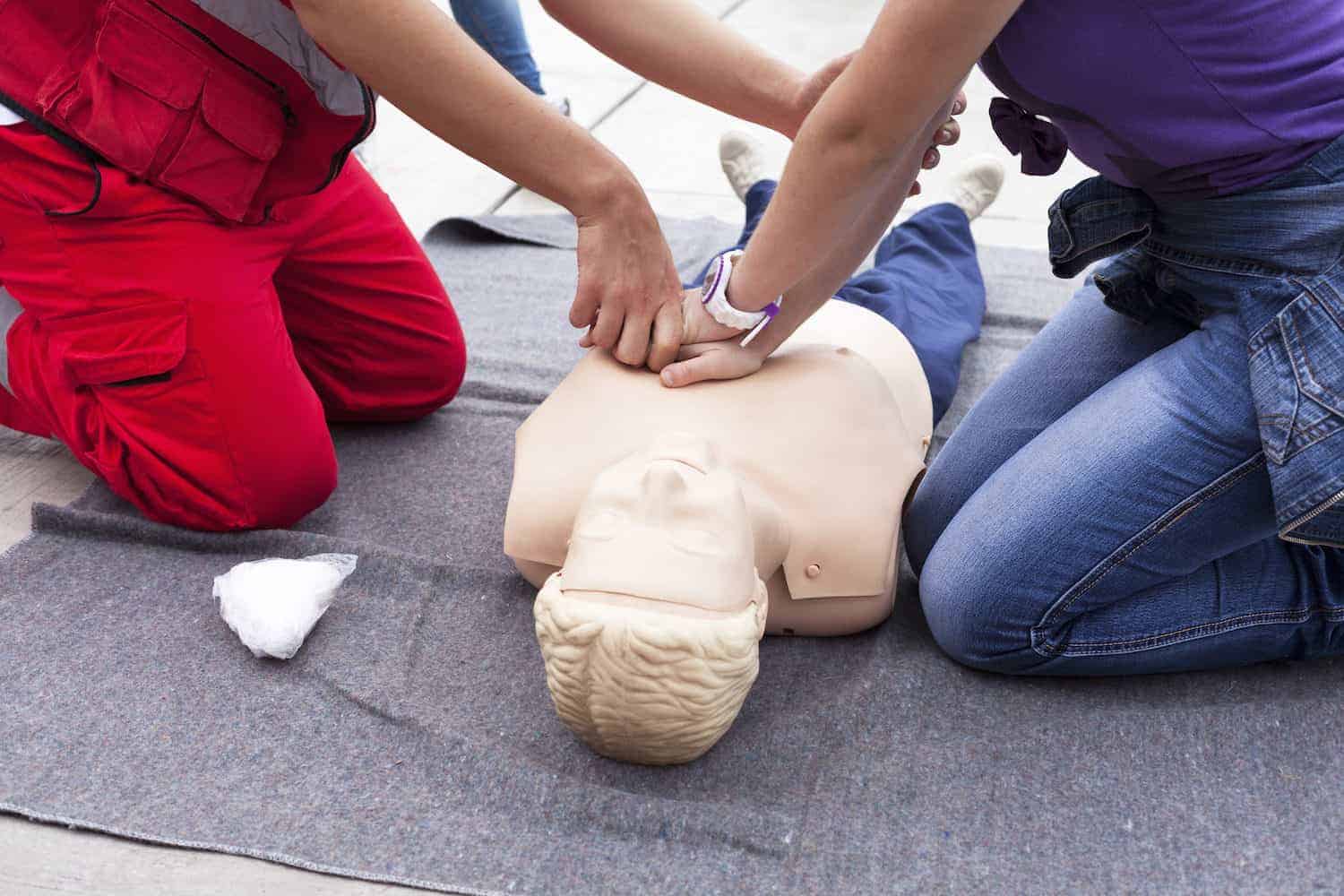“When am I ever going to use this stuff?”
Students ask teachers this question every day.
For Mary Kelly, a Smoky Mountain High School junior, the answer came to her while she was shopping at her local Ingles grocery store. And it was an experience that she and store employee John Killinger will never forget.
Mr. Killinger, 72, was helping a customer when he blacked out and fell to the floor. Mary, who has taken some Career and Technical Education (CTE) courses and learned CPR through her involvement with Health Occupations Students of America (HOSA), rushed over, determined he was not breathing and began compressions. It turns out, Mr. Killinger likely had a heart attack and Mary saved his life.
You don’t need a near-death experience to understand the benefits Career and Technical Education provides students, employers, and communities. During 2014-15, for example, North Carolina public school students earned 130,611 industry-recognized career credentials. This number is up from the 24,782 credentials earned by students when DPI first began collecting this data in 2010-11. This is great news because credentials give students an edge in college courses, provide confidence during job interviews, and ensure that graduates have the skills today’s employers require.
You don’t have to take my word for it. Just listen to Ashley, a 2010 graduate of Wake Forest-Rolesville High:
“I took Child Development and Early Childhood classes my sophomore, junior, and senior year. When I went for an interview for a job in the child care field, I walked into the center with my portfolio and credentials that I earned in my CTE classes. The director was very impressed with my portfolio and documentation and I was hired on the spot. I qualified for a lead teacher position with an automatic pay raise because I already had my credentials. … I am so thankful for the opportunities I had in high school to prepare for my career and to earn my credentials.”
Business leaders agree. David L. Hollars, executive director of the Centralina Workforce Development Board in Charlotte said:
“In today’s fast-paced economy, it is absolutely essential for career seekers to have industry-recognized credentials and certifications. Employers are demanding credentials and certifications as a way to verify that career seekers have what it takes to do the job. With great emphasis from federal legislation and from the state on career pathways, it is easy to say that having the right credentials and certifications will put a career seeker on the top of the list when employers are seeking the skilled talent that they need to be successful.”
I began my career in education as a CTE teacher so it will always have a special place in my heart. But I am not alone.
Students across the state will agree that CTE has opened doors and changed their lives.
Employers seek out graduates with CTE credentials.
And I bet John Killinger is especially grateful Mary Kelly earned her CPR certification through a CTE program and showed the courage to use her skills to save his life.
To learn more, visit DPI’s CTE website.



